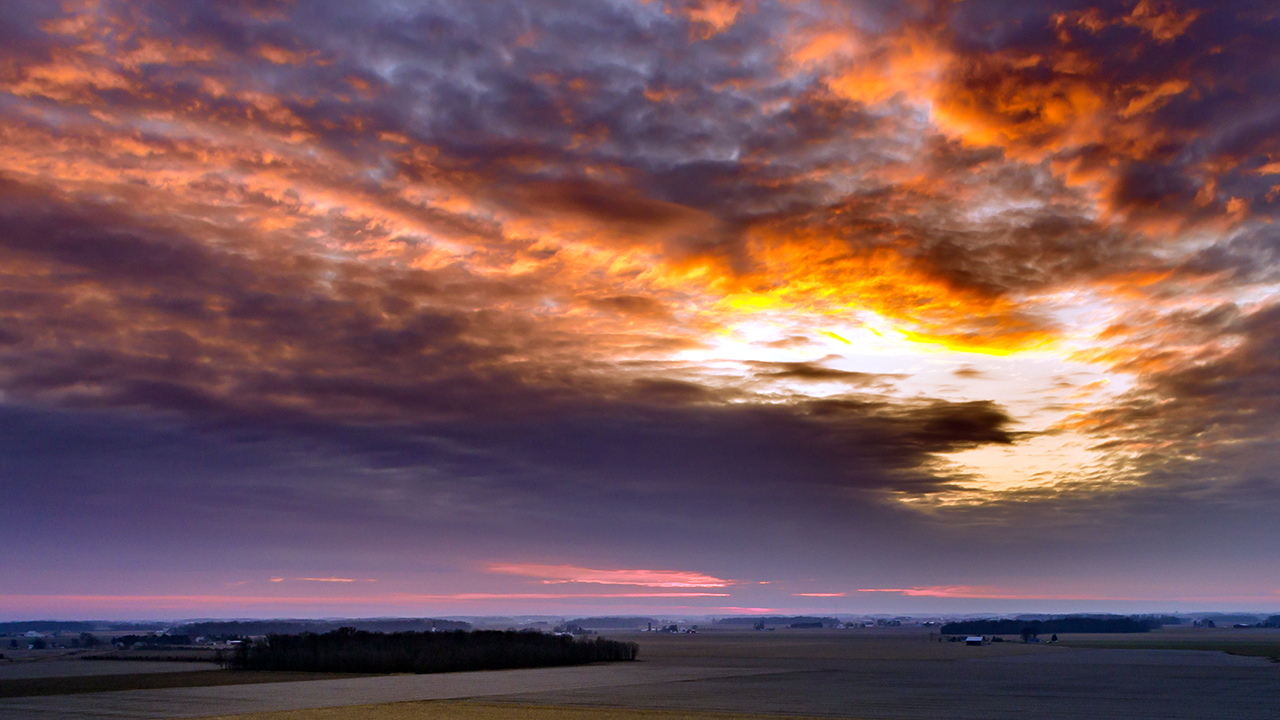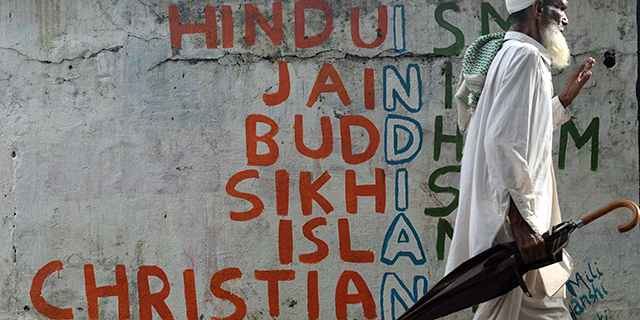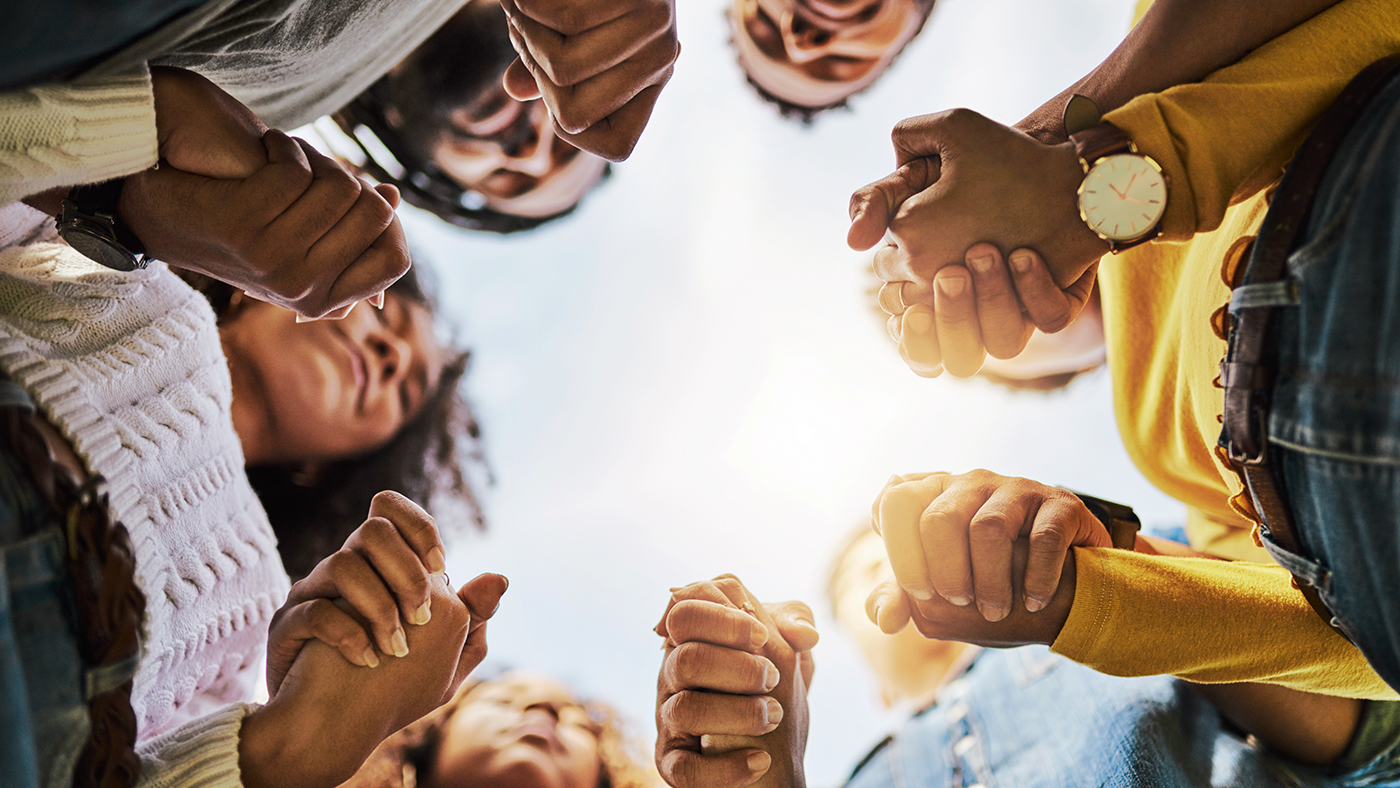
Growing share of U.S. immigrants have no religious affiliation
One-in-five immigrants identified themselves as unaffiliated in 2014, an increase of 4 percentage points from the 16% who said so in 2007.
One-in-five immigrants identified themselves as unaffiliated in 2014, an increase of 4 percentage points from the 16% who said so in 2007.
In recent years, the share of Americans who identify with mainline Protestantism has been shrinking significantly, a trend driven partly by generational change.
One big reason evangelical Protestants have not declined at the same rate as other major Christian groups is that they are gaining new converts at a greater rate than they are losing people who were raised in the tradition.
The growth of the religiously unaffiliated in the U.S. is occurring across genders, generations and racial and ethnic groups.
The 35% of Millennials who do not identify with a religion is double the share of unaffiliated Baby Boomers (17%) and more than three times the share of members of the Silent generation (11%).
Christians are declining, both as a share of the U.S. population and in total number, while religious "nones" continue to rise.
The Christian share of the U.S. population is declining, while the share of Americans who do not identify with any organized religion is growing. These changes affect all regions in the country and many demographic groups.
Explore the geographic distribution and demographics of America's major religious groups.
Republicans have become much stronger backers of Israel than Democrats over the years, yet American Jews have remained Democrats for the most part, writes Andrew Kohut.
India is projected to have 310 million Muslims (11% of the global total), making it the country with the largest population of Muslims in the world.
The Global Religious Futures (GRF) project is jointly funded by The Pew Charitable Trusts and The John Templeton Foundation. Here are some big-picture findings from the GRF, together with context from other Pew Research Center studies.
Indians see religious tolerance as a central part of who they are as a nation. Across the major religious groups, most people say it is very important to respect all religions to be “truly Indian.”
Today, most Black adults say they rely on prayer to help make major decisions, and view opposing racism as essential to their religious faith.
The Christian share of the U.S. population is declining, while the share of Americans who do not identify with any organized religion is growing. These changes affect all regions in the country and many demographic groups.










